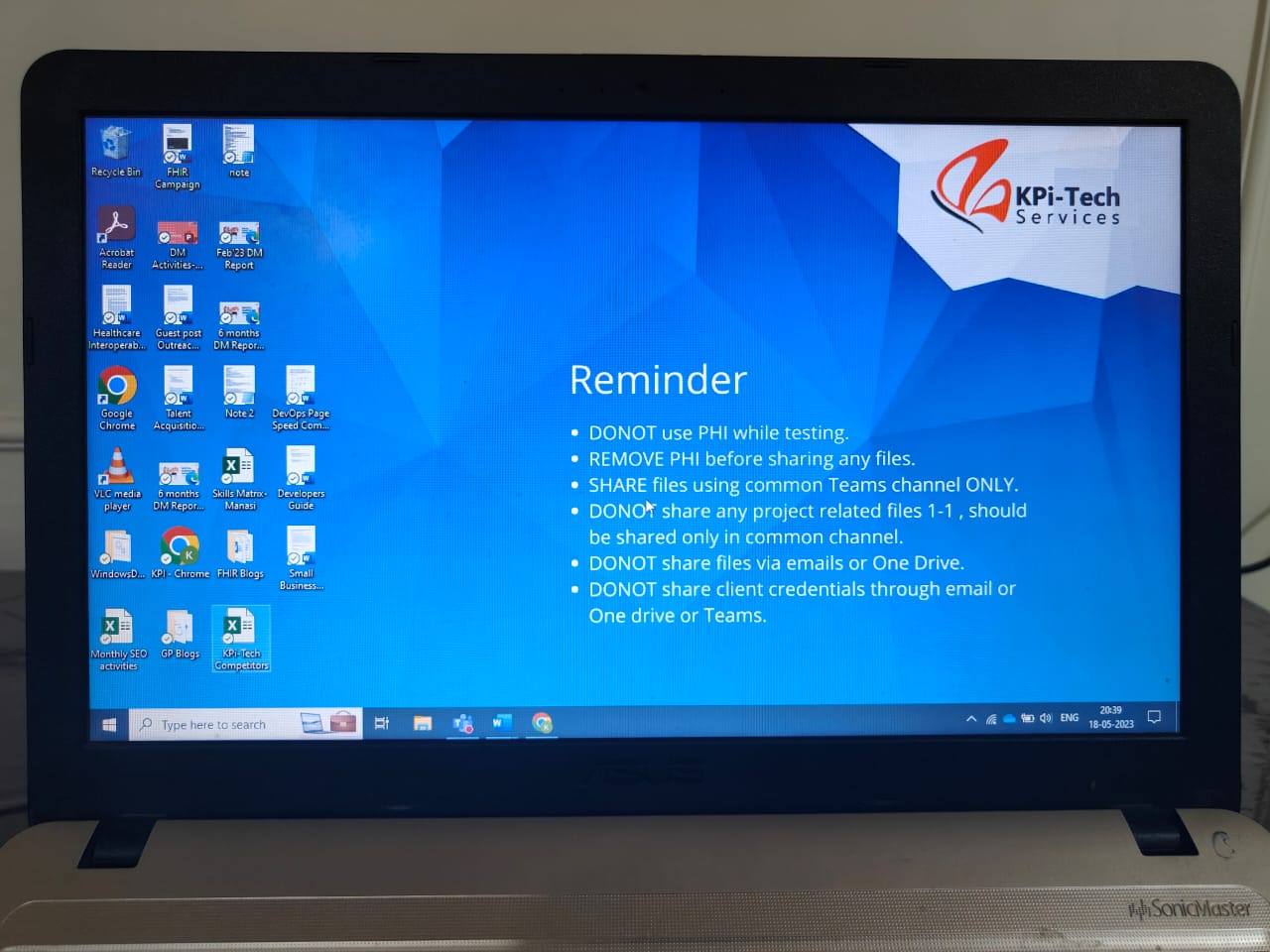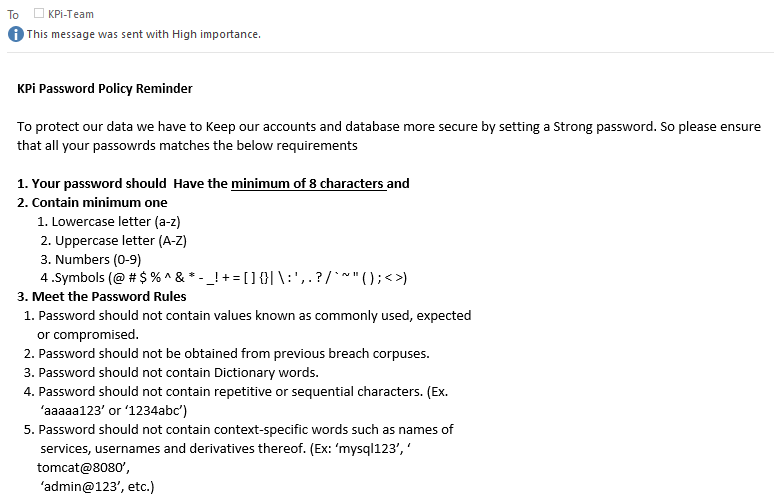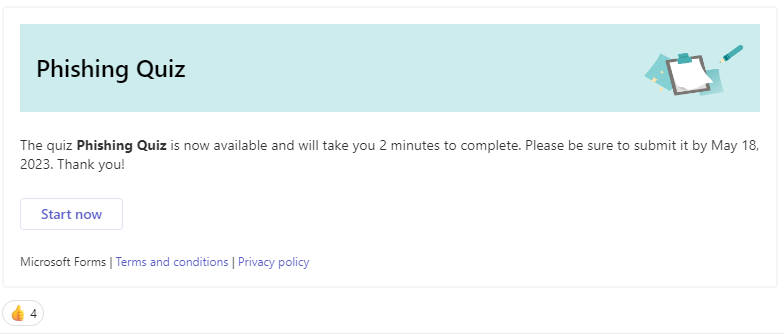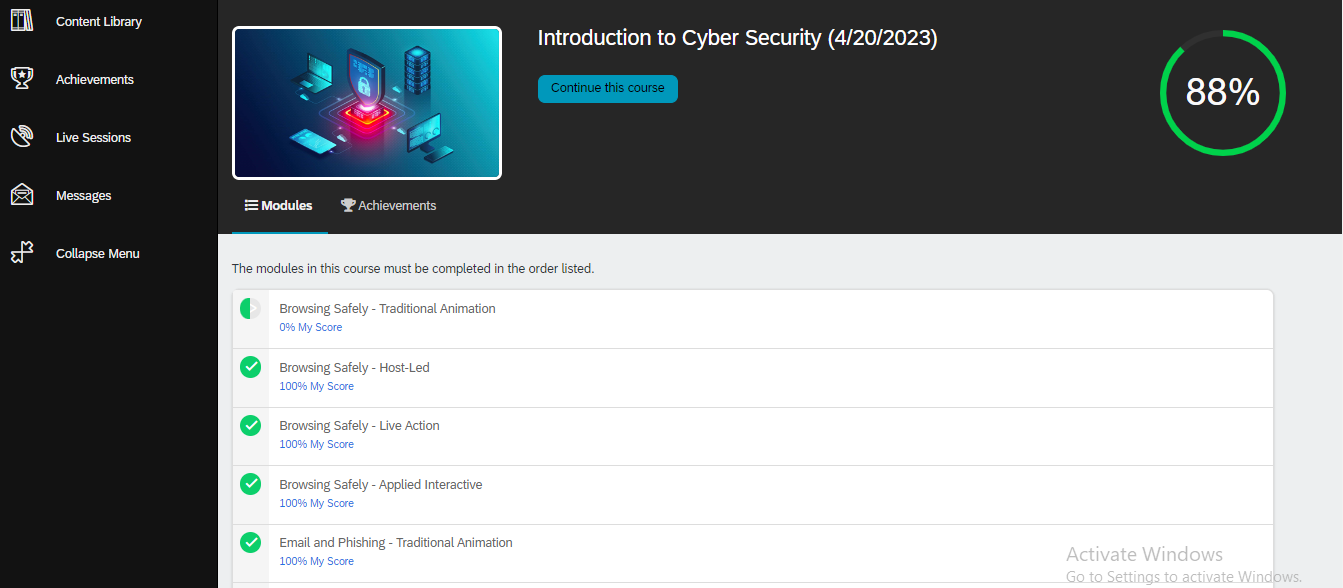
The Crucial Role of Employee Security Awareness
Human error is an intrinsic part of being human, and it plays a significant role in our growth and learning. However, when it comes to cybersecurity, the impact of human mistakes is often overlooked. Surprisingly, a study by IBM revealed that human error is the primary cause of 95% of cybersecurity breaches. This means that if we could eliminate human error entirely, nearly 19 out of 20 breaches might have been prevented.
The question then arises: why does human error lead to so many breaches, and why have existing solutions failed to effectively address this issue? To understand this, let's delve into the story behind human error and explore how KPi-Tech tackles it to improve employee cyber behavior within our organization.
Lack of Security awareness: root cause of cybersecurity breaches
Human error contributes to these breaches, with employees engaging in risky behaviors such as sharing passwords, sending sensitive information to the wrong recipients, and falling victim to social engineering tactics.
The Verizon 2019 Data Breach Investigations Report (DBIR) reveals that phishing is the primary threat action in nearly one-third (32%) of data breaches. This is closely followed by stolen credentials, often obtained through email phishing campaigns that exploit individuals who mistake phishing attempts for legitimate communications.
These statistics emphasize the substantial impact of human error within organizations and how seemingly minor mistakes can result in severe security incidents. The consequences include extensive data loss, disruptions to business operations, reputational harm, and potential customer loss.
To mitigate these risks, it is crucial to implement a robust information security awareness program. By educating employees about cybersecurity and promoting a culture of vigilance, organizations can empower their workforce to make informed decisions, recognize threats, and take proactive measures to safeguard sensitive data. Improving information security awareness is key to reducing the likelihood and severity of cybersecurity breaches.
KPi-Tech Security Awareness Training Program
At KPi-Tech Services, we understand the critical importance of information security and the role that our employees play in protecting client data. To ensure that security remains at the forefront of everyone's minds, we have implemented several initiatives as part of our commitment to educating our employees and safeguarding sensitive information. Here's an overview of the steps we have taken:
-
Relevant Discussion Topics
We actively initiate discussions on security topics that are directly relevant to our employees' daily work activities.
-
Easy Access to Knowledge
We have designated knowledgeable individuals who are readily available to provide friendly and prompt responses, ensuring that our employees have easy access to the information they need to make informed decisions.
-
Recognition and Rewards
We value the curiosity and proactive approach of our employees. To encourage knowledge-sharing and foster a culture of continuous learning, we recognize and reward employees who ask insightful security-related questions. This not only promotes engagement but also reinforces the importance of staying informed and vigilant.
-
Using Posters and Reminders
We prominently display PHI security wallpapers on desktop screens that serve as visual reminders of important practices. We send poster in communication channels as well. These posters provide tips and guidance on various topics, such as strong password creation and data protection. By having these reminders visible, we ensure that our employees are consistently reminded of the best security practices.


-
Assessing Our Organization's Culture and Risk Profile
We have thoroughly examined our company's unique culture and risk profile, enabling us to identify specific security concerns and vulnerabilities that are relevant to our organization.
-
Tailoring Training to Roles and Responsibilities
Our awareness program is tailored to different employee roles and functions, ensuring that each individual understands their specific responsibilities in safeguarding company data.
Key Topics Covered in Training:
- Data management : Teach best practices for handling sensitive information.
- Incident reporting process : Explain how to report security incidents or suspicious activities.
- BYOD policies : Educate employees on the safe use of personal devices for work purposes.
- Passwords : Promote strong password creation and regular updates.
- Physical security : Highlight the importance of securing physical assets and workspaces.
- Clean desk policies : Encourage employees to maintain a clean and organized workspace.
- Risks of using public Wi-Fi : Warn about the dangers of unsecured networks and offer precautions.
- Safe Browsing We teach employees safe browsing practices to protect sensitive data and mitigate online threats.
- Multifactor Authentication Implementing MFA provides an additional layer of protection beyond traditional username and password authentication.

-
Utilizing Phishing Simulations
We conduct regular phishing simulations to train our employees in detecting and responding to social engineering attacks. Through these simulations, we educate our staff on identifying suspicious emails, links, and attachments. We emphasize the importance of promptly reporting phishing attempts to mitigate potential risks.

-
Regular Training and Testing
We implement ongoing training sessions to reinforce security awareness among our employees. Periodically, we measure and assess employee commitment and awareness levels. We also conduct tests to evaluate their ability to identify and respond to security incidents effectively.

At KPi-Tech Services, we prioritize the education and empowerment of our employees to ensure the protection of client data and defend against human error-driven social engineering attacks. Through our Employee Information Security Awareness Program, we strive to maintain the highest standards of information security across our organization.





